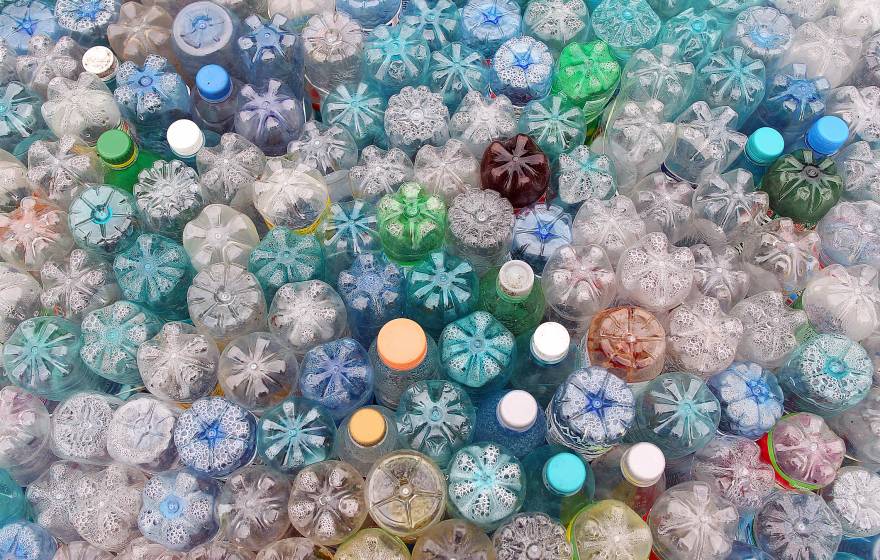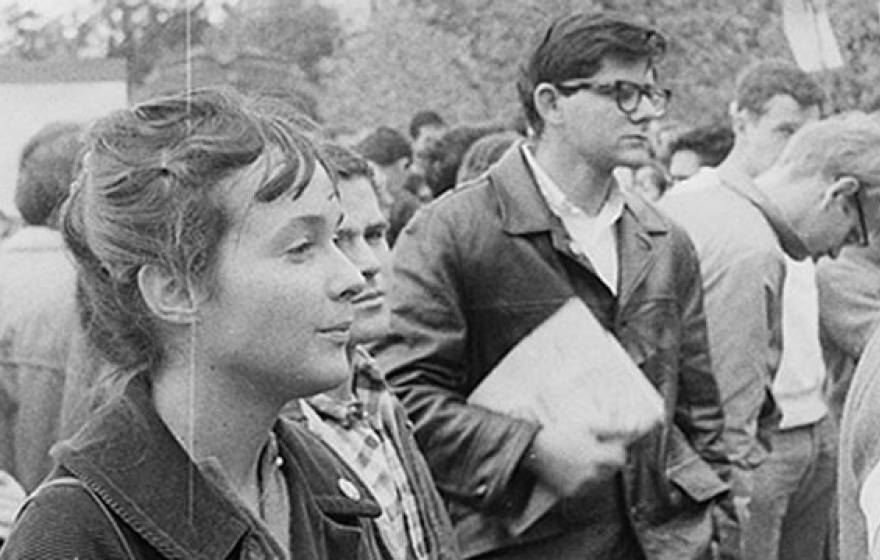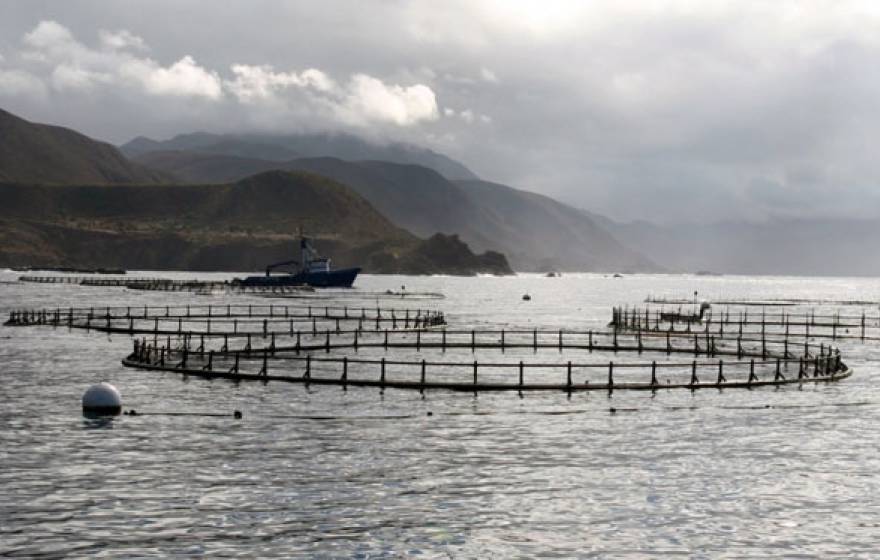More than 8.3 billion metric tons (9.1 billion tons). That’s the amount of plastic humans have created since the large-scale production of synthetic materials began in the early 1950s. It’s enough to cover the entire country of Argentina, and most of the material now resides in landfills or in the natural environment.
How do we break our addiction to plastic?
How driverless cars will change travel
Transportation expert Lewis Fulton weighs in on what roads will look like five, 10, even 20 years from now.
Hydrogen cars for the masses one step closer to reality, thanks to UCLA invention
2-in-1 device creates and stores energy from solar to power almost anything.
New multicampus course gets students involved in practical climate change solutions
Students at six UC campuses can learn how to fight climate change from top experts across the UC system.
When there's nowhere colder to go
As the oceans warmed, species migrated to Antarctica. What happens when climate change heats up their home?
UC named national leader in clean energy
The university was one of only eight organizations nationwide to earn the distinction.
Is it really possible to live a zero-waste life?
Picture all of the trash you’ve thrown away this week. How much do you think you could reduce that amount if you really tried? By half?
Could these flip-flops save the earth?
These $3, algae-based renewable sandals could become the planet's preferred shoe.
Alice Waters on free speech and the making of a counterculture cook
The celebrated chef releases a memoir spanning her days at UC Berkeley to the White House garden and Chez Panisse.
UC Riverside No. 2 systemwide for renewable energy
Giant solar panels will provide shade while generating electricity for the campus.
UC campuses among the greenest in the country
Seven UCs are among 2017's top 50 "Cool Schools," according to Sierra Magazine.
Seafood for everyone
A tiny fraction of oceans could satisfy the world’s fish demand, a new study finds.











